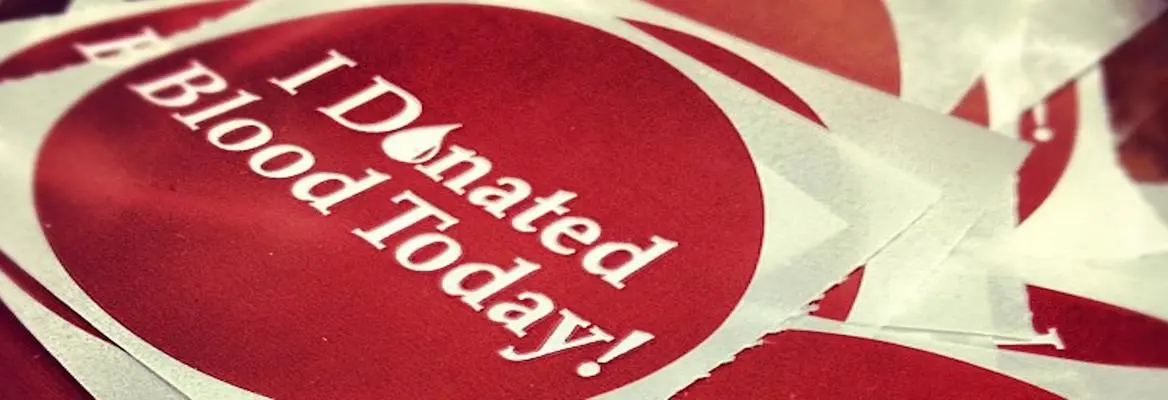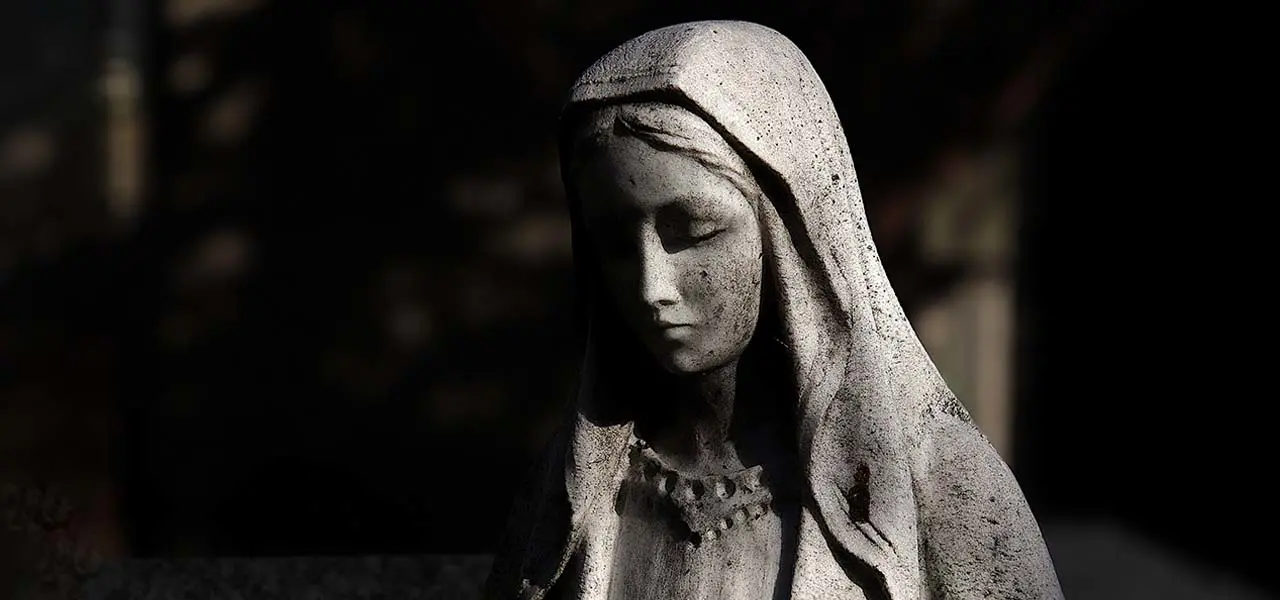From politicians taking moral stances to increase popularity, to companies like BP accused of 'greenwashing' to boost revenue, we tend to see the flaunting of virtue as a fundamental perversion of morality. This is mistaken argues Holly Elmore. Virtue signalling is a vital component of ethical behaviour and we should seek to adopt better and more meaningful signals to navigate through the moral landscape.
We all hate virtue signalling, right? Talk is cheap, and performances of virtue can be utterly bankrupt. Sam Bankman-Fried brazenly described his “talking about ethics” before the FTX crash as “this dumb game we woke westerners play where we say all the right shibboleths and so everyone likes us”, confirming the internet’s worst suspicions about conspicuous displays of “virtue”.
But, despite all this, I believe the pendulum has swung too far against virtue signalling. Virtue signalling is bad when signalling virtue is confused for possessing the virtue and when possessing a virtue is confused for having a good effect upon the world. It is at its worst when all your energy goes to signalling virtue at the expense of actually doing anything good. But sometimes we do have something to prove, whether to others or just ourselves, and we aren’t off the hook just because it’s possible to lie. Quality signals of virtue, especially costly signals that are difficult to fake, are very useful tools– sometimes the only tools we have for assessing character.
___
The best virtue signals are not empty assertions– they offer some proof of their claim by being difficult to fake.
___
Imagine if a company like Nabisco took the stance that it didn’t have anything to prove about the safety and quality of its food, and that their current extensive food safety testing was just a virtue signal that wastes a bunch of time and product. They could be sincere, and somehow keep product quality and safety acceptably high, but they would be taking away our way of knowing that. Quality control is a huge part of what it is to sell food, and monitoring your character is worthy of consuming a large portion of your life.
Some signals are more correlated with actual virtue than others. The best virtue signals are not empty assertions– they offer some proof of their claim by being difficult to fake. For example, being vegan takes a great deal of forethought, awareness, and requires regular social sacrifice. Veganism proves a dedication to a cause like animal rights or environmentalism proportional to the level of sacrifice required. The virtuous sacrifice of being vegan isn’t what makes veganism good for the animals or the environment, but it is a costly signal of character traits associated with the ability to make such a sacrifice.
So the virtue signal of veganism doesn’t mean you are necessarily having a positive impact or that veganism is the best choice, but it does indicate that you as a person are committed, conscientious, gentle, or deeply bought into the cause such that the sacrifice becomes easier for you than it would be for other people. Being vegan isn’t enough to prove you’re a good person, but it is a demonstration of character and acting out your values.
SUGGESTED VIEWING Virtue and vice With Matthew Taylor, Rebecca Roache, Hilary Lawson, Danielle Sands























Join the conversation